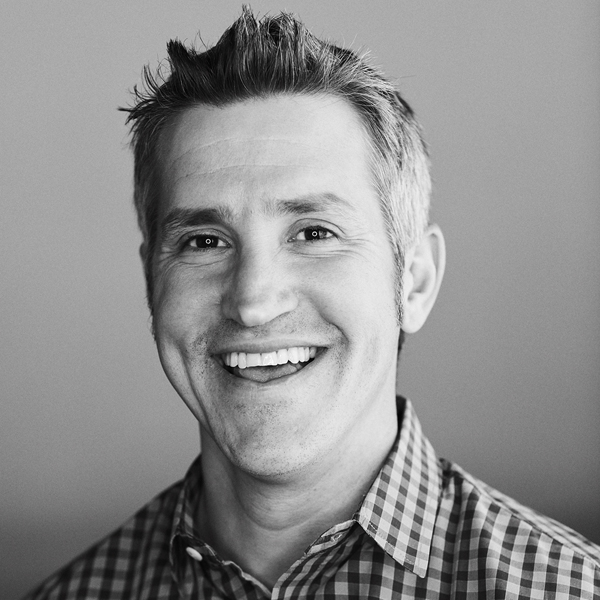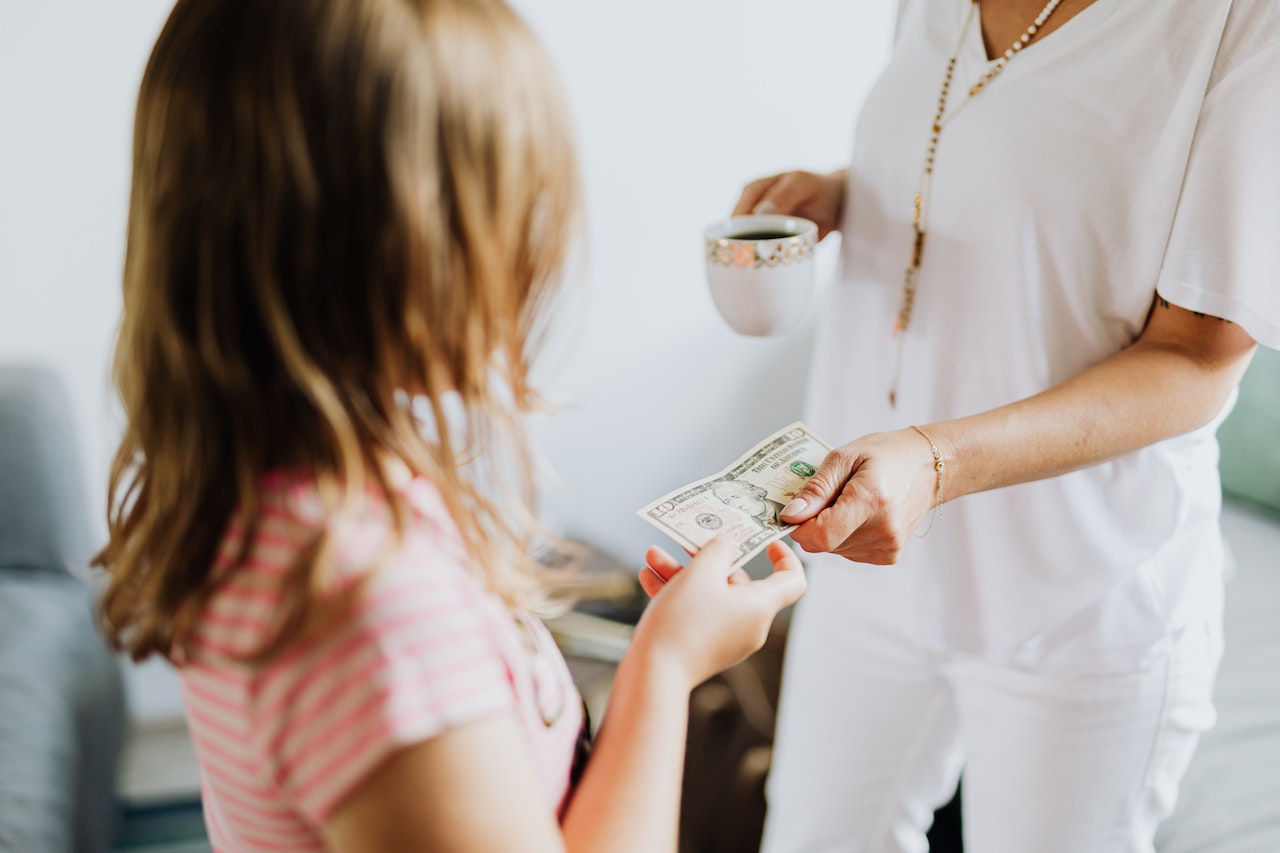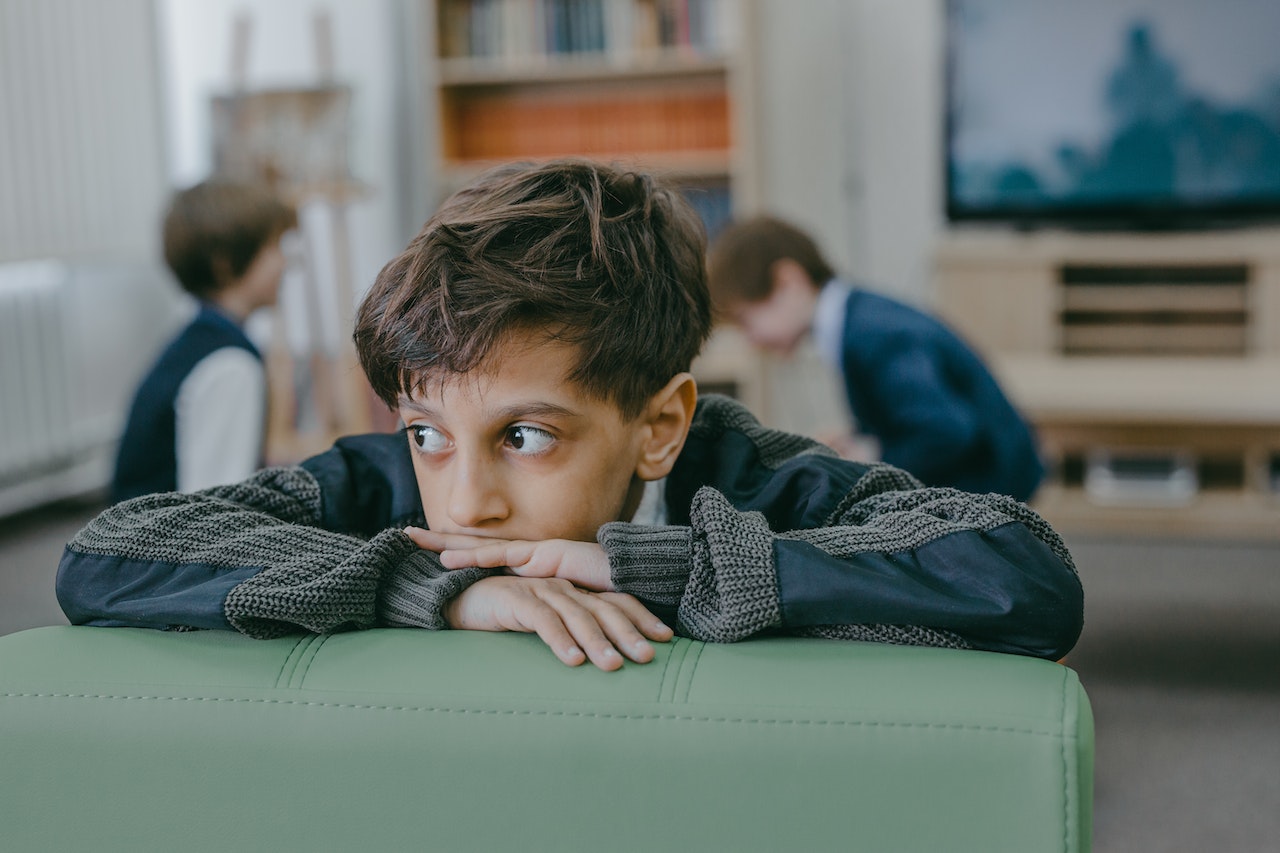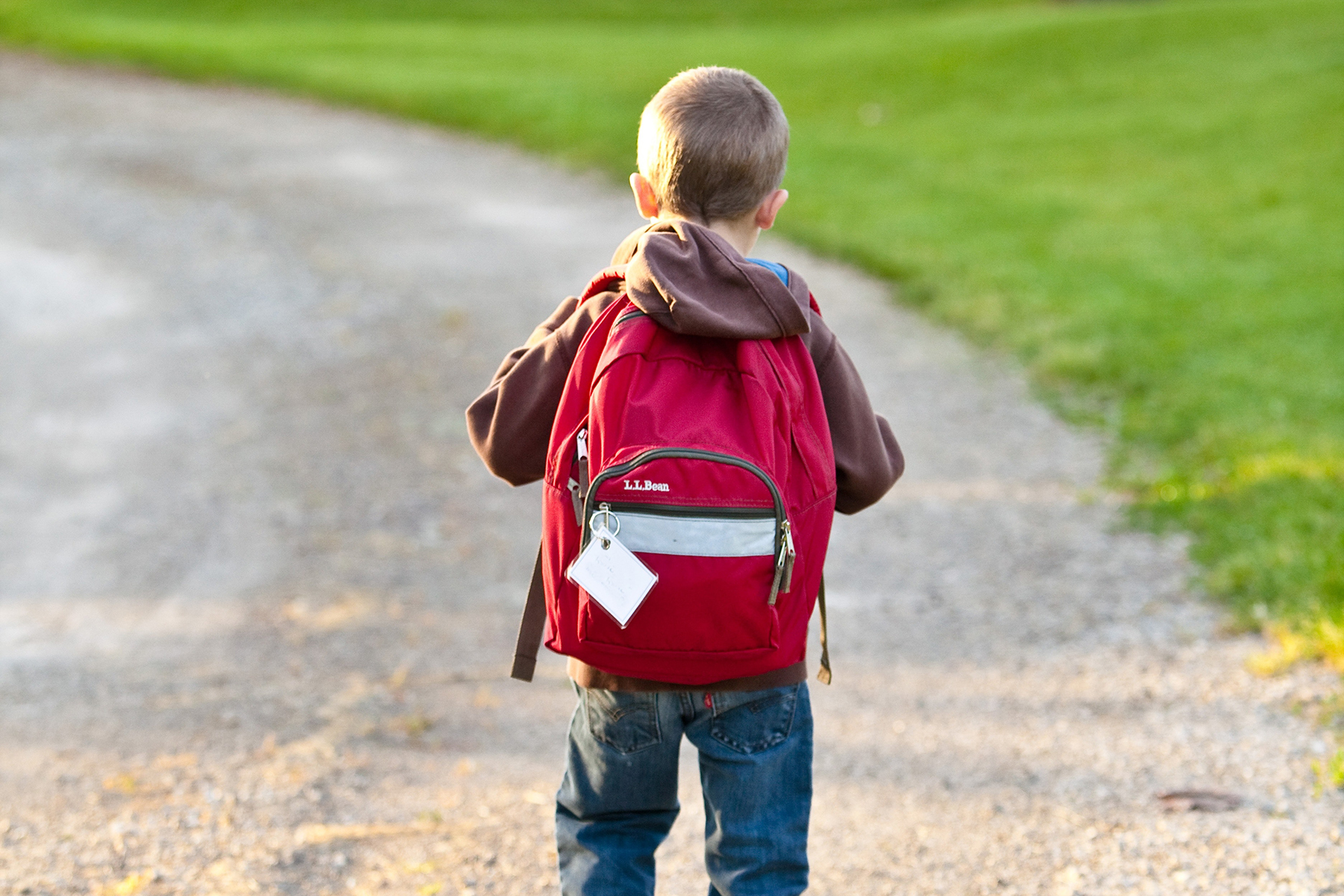
As parents, we know to teach our kids not to compare.
With social media it’s easy for teenagers to compare their lives against the lives of their friends. For elementary school kids it’s easy to compare their summer vacation to the summer vacation of a friend. For kindergarteners, it’s easy to compare their portion of the cookie to the one their sister got.
Comparison seems hardwired into us and as adults we can be just as guilty of it. But today, I’m not focusing on that type of comparison, the type where you feel worse about yourself. That type has been covered a thousand times. Today I want to talk about the other side of comparison.
Sometimes, in order to feel better about themselves, kids will compare themselves to other people who are less fortunate. (The first type of comparison is about finding people who are more fortunate.) Kids will say, “I did so much better on that test than Tim.” Or, “Our seats at the concert were better than Amy’s seats.” It’s an attempt to improve their lot in life by criticizing someone else’s. Doing this has a few bad effects:
It blinds kids to good things.
I don’t want my kids to need to compare against someone else to enjoy something. Your B+ in algebra is great regardless of if someone else didn’t get a C+. Someone doesn’t have to lose in order for you to feel like you won.
It kills empathy.
It’s almost impossible to have empathy for someone else when you get stuck in comparison. I want my kids to encourage the kid who did badly on a test, not feel better about themselves because of his grade. I want them to empathize not keep score.
It makes everything a competition.
Some things are competitions. Fifty people aren’t going to be valedictorian. I understand that and support that, but not everything is a competition. If you went Disney World on Spring Break, you haven’t “beaten” another family who stayed home for Spring Break. It wasn’t a contest, it was just vacation, but if you start comparing you lose sight of that.
I want the best for my kids. I want them to have big, full lives that are free of comparison.
That’s not always easy, but I do think part of my job is to discuss it, to explain it and to foster it.
It’s the only way you have a shot at ending up with adults who don’t compare.




